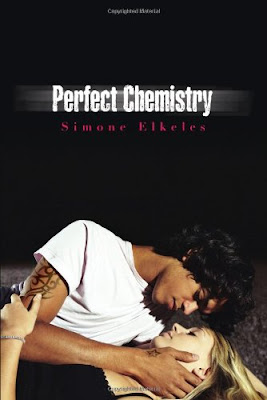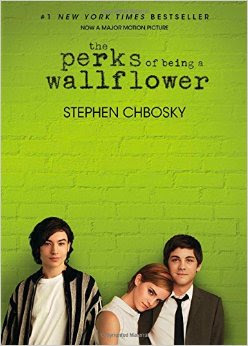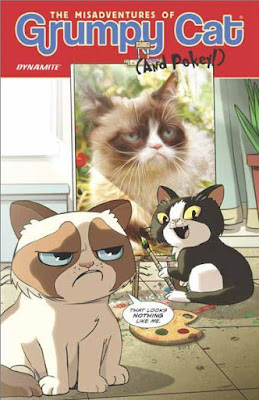(Goodreads)
Where to begin...It's not often that I read or watch a film starring a Mexican main character, and it's even more rare for it to be a love story (at least in mainstream American pop culture). Needless to say I was excited after reading the premise and seeing the 4-star average review.
Boy, what a let down.
Meet Alex Fuentes. High school senior, auto body mechanic, and part of the local gang known as the Latino Blood. His bad boy 'tough' exterior is emphasized by his multiple arm tattoos and fit physique (his abs are described on the regular as 'washboard abs'). Alex is as much of a stereotype as you can get: his father was killed in a drug deal, his family crossed over from Mexico, he smokes/drinks regularly, and has had plenty of sex.
Then there's Brittany Ellis. Brittany is not far from the 'rich white girl' stereotype. Blond hair, blue eyes, and a "hot bod". The novel really emphasizes that although her life is seemingly perfect, it's anything but. Her mother is a perfectionist who cares more about what the neighbors will say than her own daughter's feelings and her father is a workaholic who appears for no more than 5 pages. The Ellis family has a 'dirty little secret' in the form of Brittany's older sister, Shelley, who has cerebral palsy and is rarely taken outside the house.
I don't dislike the fact that Alex is a middle-class gangbanger or that Brittany is a rich popular cheerleader. What I dislike (and was so disappointed by) is how one-dimensional these characters are. While there's growth in them, they literally go from "I'm in a gang" to "I'm quitting the gang" and with Brittany it's "I need to keep up an image" to "I don't care what anyone thinks, f-you mom". I stared at the pages thinking, where's the progression?? When did they decide to change??
What honestly had me on the verge of tossing the book across the room every five minutes was the HORRIBLE SPANISH. People who speak Spanish and English do.not.talk.like this. We don't choose random words to say in Spanish in the middle of our sentences and we do not immediately translate those words!
Some highlights:
"Si, everything's bien." (33)
"She might be a mamacita, but she ain't got nothing on this hombre." (51)
"'Brittany Ellis is out of your league amigo. You might be a pretty boy, but you're one hundred percent Mexicano and she's as white as Wonder Bread.' A junior named Leticia Gonzales walks by us. [...] Paco nudges me. 'Now she's a bonita Mexicana and definitely in your league.'" (54)
"I'm in trouble. Tengo un problema grande." (120)It really frustrates me because it's clear that there wasn't someone who spoke fluent Spanish working on this book. The grammar is sometimes incredible cringeworthy and there's even a couple of misspellings sprinkled in the book (seriously??). And I thought it was really strange that Brittany only asked once for something to be translated, did she just use context clues all the other times?
Also, can books and media please stop describing Latinos as spicy and fiery? We're not food! (Though there is a scene where Brittany has chilaquiles and sticks her tongue in a cup of cold water and I was like...yo...chilaquiles are not meant to be that spicy.)
I honestly don't think Brittany and Alex were really in love, sure they found someone that could see past their public image, but it didn't feel like they ever really knew each other. Here's a great moment:
Brittany rests her chin on my chest. "You're going to quit the Blood now, right?"
My body stiffens, "No," I say, my voice filed with torment. Hell, why'd she go and ask me that?
"Everything's different now, Alex. We made love." (315)I could talk for hours about the numerous ways this book let me down and quite honestly, offended me in more ways than one. Oh and in the epilogue Brittany and Alex develop a medication to halt the progression of Alzheimers.
Someone let me saber if the Perfect Chemistry series gets mejor, because I don't see myself coming near a Simone Elkeles novel anytime soon. Know what I'm sayin', amigo? Me entiendes?

















